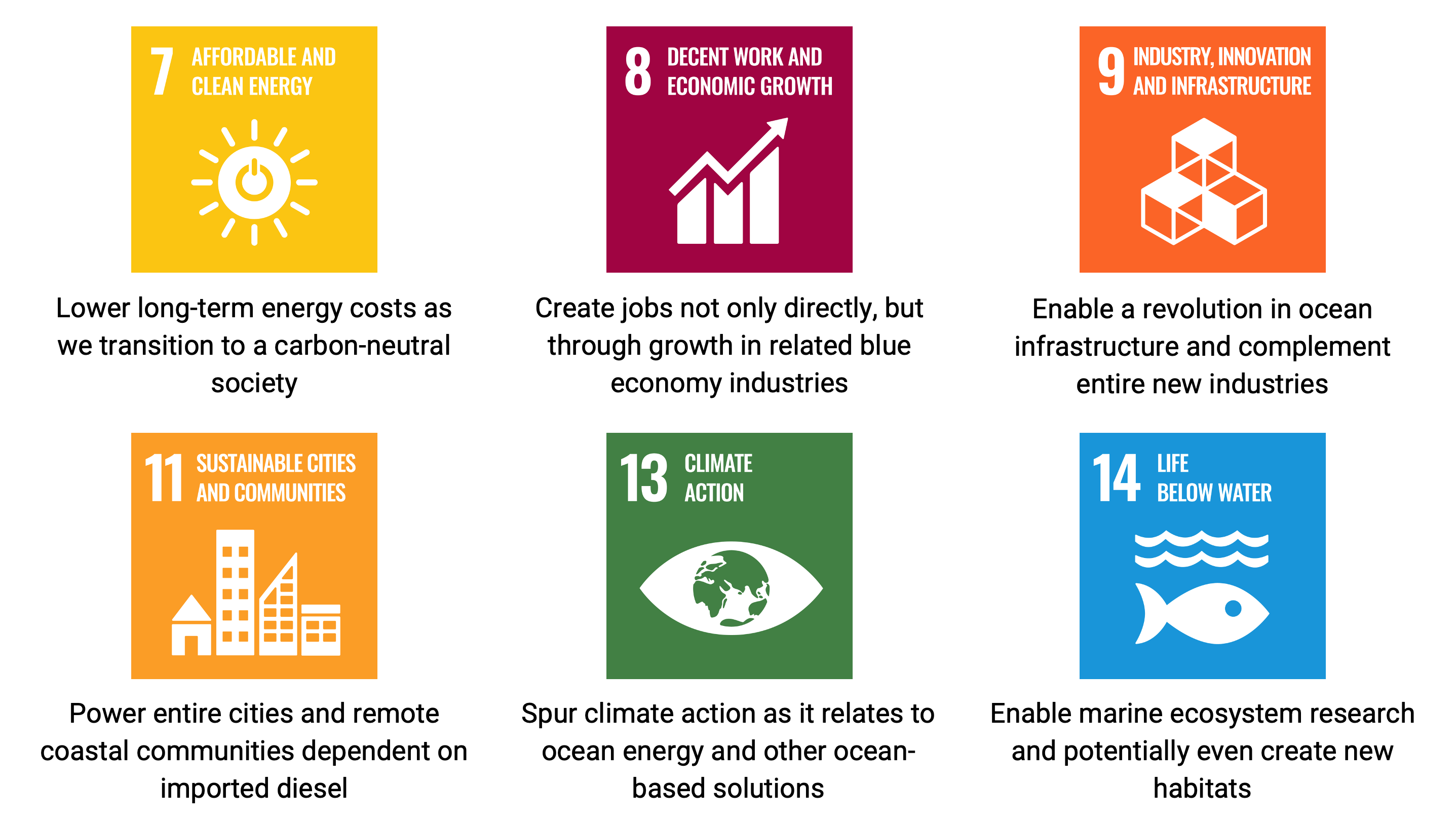CalWave joins United Nations 24/7 Carbon-Free Energy Compact
CalWave Power Technologies, Inc (CalWave), a California-based developer of wave energy technologies, announced today that it has joined the 24/7 Carbon-Free Energy Compact, a community coordinated by Sustainable Energy for All, the United Nations, UN Energy and High-Level Dialogue on Energy. The 24/7 Carbon-Free Energy Compact includes technology providers, like CalWave, as well as energy buyers, academic institutions and national governments, among other stakeholders.
The community’s goal is to create a future where all electricity consumption worldwide is served by carbon-free energy sources, every hour of every day. While widely commercialized renewable energy technologies like solar panels and wind turbines have kickstarted the energy transition, the sun does not always shine and the wind does not always blow. Leaning too heavily on these resources would require the expensive, unnecessary and environmentally damaging overbuild of energy storage capacity and high-emission fossil fuel peaker plants. Ocean waves are more consistent and more predictable than both solar and wind, and harnessing their immense power will be critical in sourcing clean energy every hour of every day.
CalWave is aiming to commercialize its technology for a variety of use cases and customers, ranging from remote microgrids to large utility-scale farms. In pursuing this growth, CalWave is committed to several of the United Nations’ Sustainable Development Goals. For the following SDGs, CalWave aims to:
About CalWave
Founded in 2014, CalWave is a California-based wave energy developer on a mission to provide reliable and cost-effective ocean wave technologies for sustainable energy access. CalWave’s vision is to unlock the power of ocean waves to secure a clean energy future.
The company is a member of the International Electrotechnical Commission’s U.S. Shadow Committee for international standards on marine energy, and a member of NHA’s Marine Energy Council, which is calling for domestic marine energy deployment targets of 500 MW by 2030 and 1 GW by 2035.
